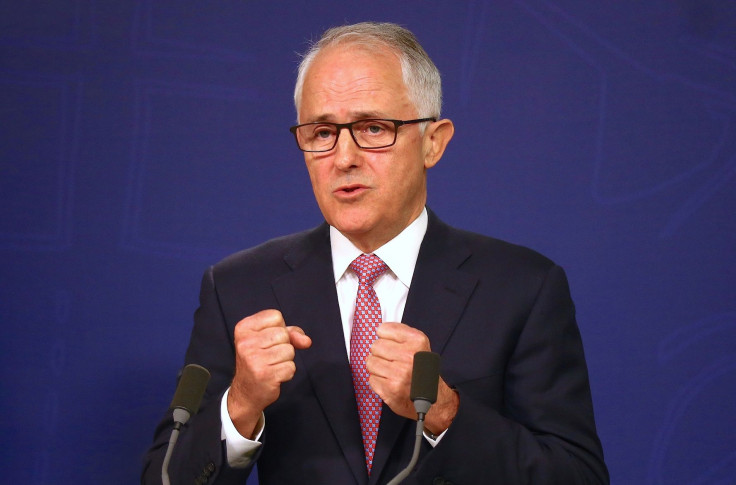Australia, China may sign bilateral agreement on beef exports, security

As Chinese Premier Li Keqiang begins his four-day visit to Australia on Thursday, the two countries are expected to sign a bilateral agreement that will focus on beef exports, energy and security. This comes in the wake of China’s announcement that it will be putting a halt on imports from Brazil following a scandal concerning sales of meats infected with salmonella.
The economic importance of China, Australia’s largest trade partner, seems to have grown after Prime Minister Malcolm Turnbull’s controversial phone call with US President Donald Trump that affected relations between the two countries. The new bilateral agreement expected to be signed between Australia and China comes at a time of "increasingly loud voices calling for a retreat from the project of global economic liberalisation into protectionism,” Turnbull said.
"My government remains committed to championing trade liberalisation," Turnbull said in a column published in the Australian Financial Review. “I welcomed President Xi Jinping's robust defence of open markets in Davos. I will talk to Premier Li about how Australia and China can progress this agenda in the Asia-Pacific, including by working to conclude the most ambitious Regional Comprehensive Economic Partnership possible between ASEAN and its six FTA partners.”
As a significant agricultural export to China, beef was worth in excess of $8 billion last year. This largely stemmed from the China-Australia Free Trade Agreement, signed in 2015, which firmed China's position as Australia's largest trading partner.
China has said it wants to play a major international role in terms of promoting free trade as Trump enforces an “America First” approach. "We believe that to resolve trade imbalances we need to continue to expand trade. That is the solution. We cannot close our doors," Li said.
In addition to bilateral trade, the Australian prime minister and Chinese Premier will also discuss the growth of Regional Comprehensive Economic Partnership proposal which includes other Southeast Asian countries like India and Japan. Discussing tensions in South China Sea is also expected to be on the agenda of Li’s visit.
China has said virtually all of the area is part of its territory. As much as $5 trillion worth of trade passes through the water body each year. However, countries including Brunei, Malaysia, the Philippines, Taiwan and Vietnam have also claimed certain parts of the region. "Premier Li and I will discuss the importance of ensuring that all regional disagreements, including those in the South China Sea, are resolved by negotiation and in accordance with international law," Turnbull said.





















